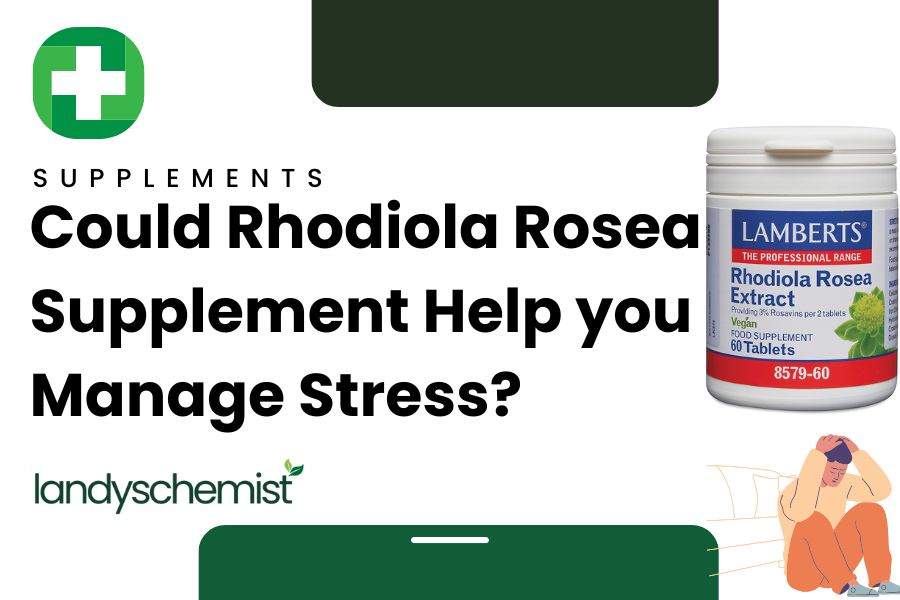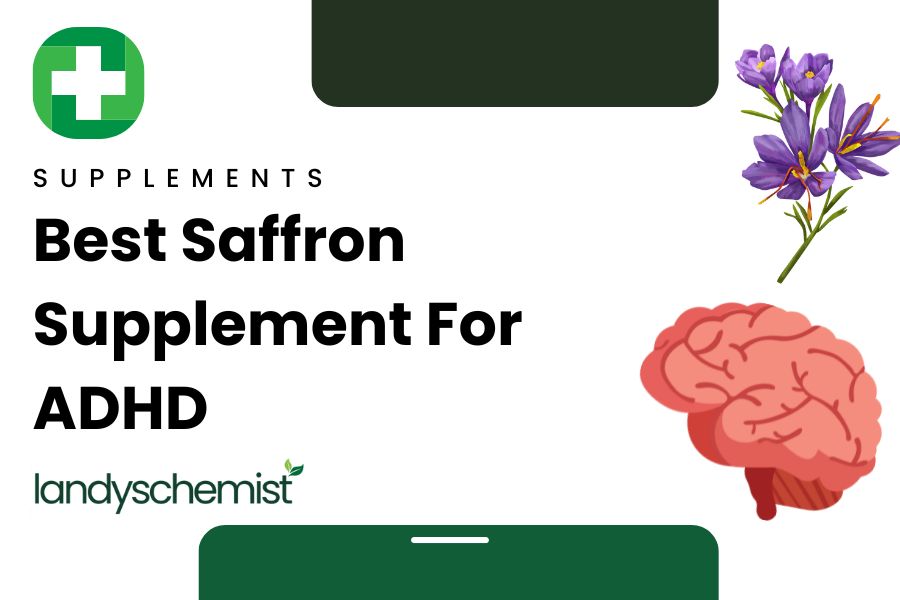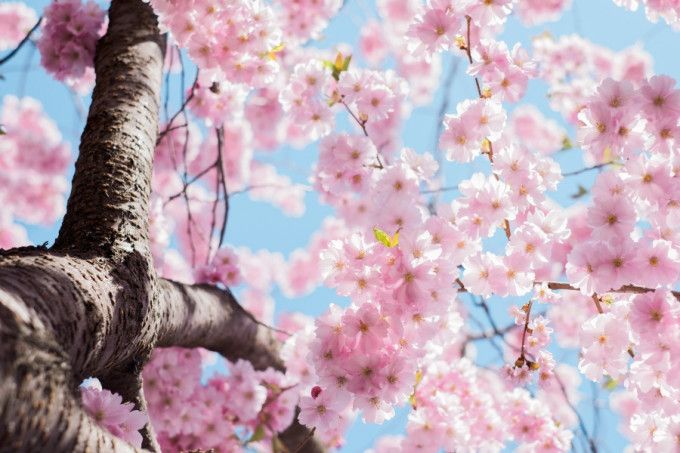
Pollen Allergies: Symptoms, Treatments & Peak Seasons
By Panasha Desai, Pharmacist (GPhC 2071387)
As winter gives way to spring, many beautiful plants, trees and flowers come into bloom. But with this renewed life comes pollen, and allergies can quickly flare up. Pollen allergies can be a slight nuisance or downright irritating, depending on how bad your reaction is. You can also develop an allergy that you didn't previously have, which you might feel wholly unprepared to deal with. Don't worry, we've got the solutions for you!
Here, we look at the peak times of the year for pollen allergies, how to identify if you are having an allergic reaction to pollen, plus practical and medical treatments.
Pollen Allergy AKA Hay Fever
You may also know pollen allergies by another name: hay fever. This is the name for the group of allergies that can affect your nose and isn't explicit to an allergic reaction to hay. Pollen isn't exclusive to flowers, it is produced by trees, weeds, grass and other fertilised species of plant.
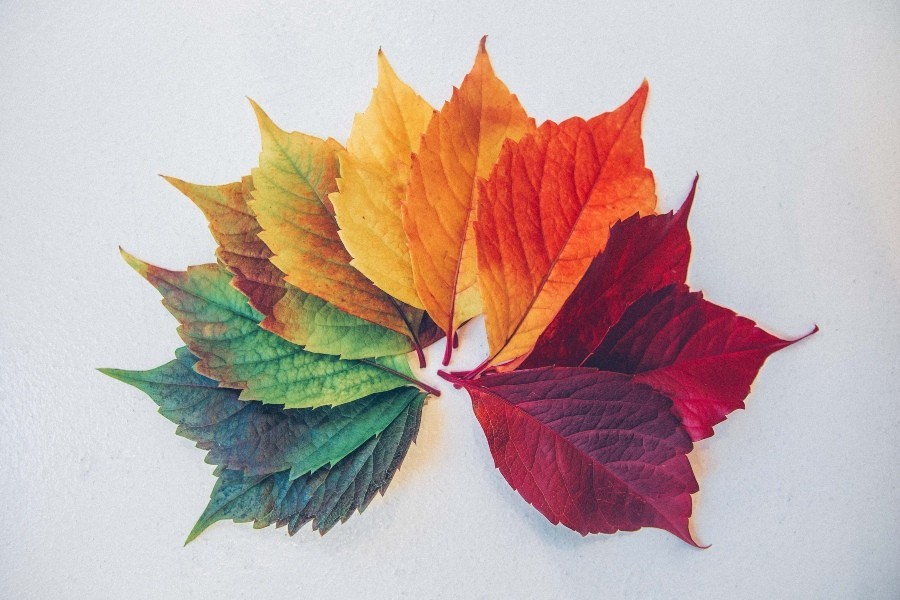
Pollen Season: Peak Times Of Year For Hay Fever
Pollen allergies are most likely between March and September each year, in the UK.
Although most people think about spring as the peak season for allergies, with new flowers budding during this time, pollen allergies from plants and trees can appear through summer and autumn as certain species will flower at different times of the year. For example, tree pollen is often highest between March and May, whereas grass pollen levels are often highest between May and August.
This is certainly not the same for all plants and in all parts of the country, but this should give you some guidance if you are experiencing an allergic reaction and are unsure what the cause may be.
Causes Of Hay Fever

Hay fever is caused by an allergic reaction to pollen. It is most often caused by pollen reacting with your throat, mouth, nose or eyes. Hay fever can also be caused by an allergy to animals, like cats and dogs, as well as dust.
Pollen Counts & Tracking Types Of Pollen
Pollen counts will vary daily, and weather is a factor. Lots of wind may blow more pollen into your area and cause a flare up in your hay fever. High pollen counts may cause an increased reaction so staying aware of the levels each day is highly recommended for hay fever sufferers.
Since different types of pollen emerge at certain times of the year, you should also keep track of what pollen is around – this can also help you identify which types of pollen you are allergic to, as it may not be all types.
The Met Weather website and app tracks both pollen levels and type and can be a hugely valuable tool, especially if you are experiencing pollen allergies for the first time.
How Do You Know If You Are Allergic To Pollen?
Allergy symptoms include: headaches, red and/or itchy eyes, a runny or blocked nose, sneezing, wheezing and coughing.
Symptoms Of Hay Fever
You may experience some, but not all, of these hay fever symptoms. Reactions can vary in intensity based on which pollen you are allergic to. It is also important to note that though many of these symptoms are similar to a cold or flu, pollen allergies are not caused by a virus and are therefore not treated the same way.
Pollen allergy symptoms include:
- feeling fatigued
- headache
- earache
- pain around forehead and/or temples
- itchy, red or watery eyes
- itchy nose, ears, mouth or throat
- sneezing
- loss of smell
- runny or blocked nose
- coughing
Hay Fever & Asthma
Increased symptoms of pollen allergies can be felt by those who have asthma. If you experience hay fever and have asthma it is recommended that you start your regular medicines during the peak season to avoid triggering an asthma attack. You may be allergic to one type of pollen or multiple kinds, so being aware of that and the peak times of the year will help you ensure you are taking the best precautions for your needs.
Treatment For Pollen Allergies
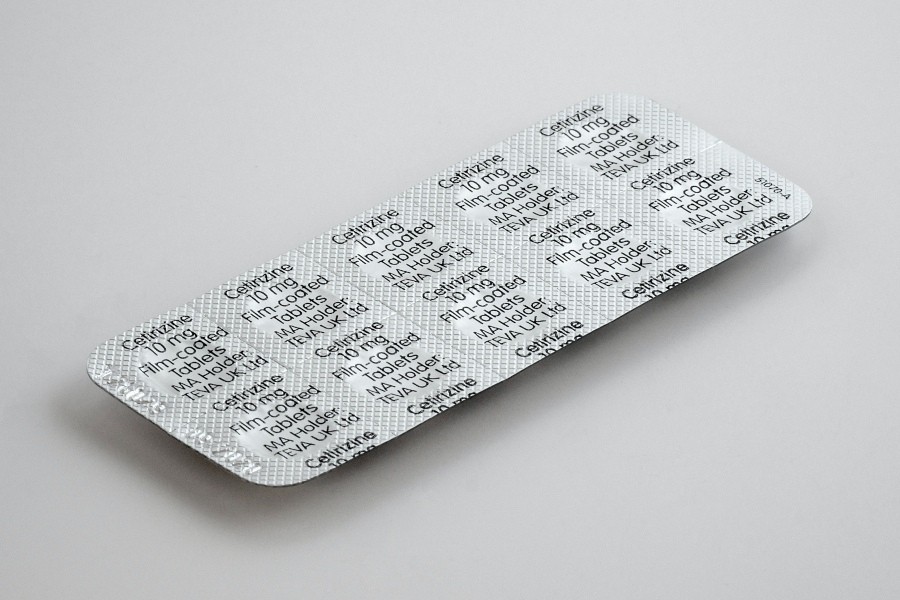
There are a number of ways to ease the symptoms of hay fever, with the most common being antihistamines, as well as avoiding the source of the pollen allergy.
How To Ease Symptoms Of Hay Fever
The NHS recommends a number of ways to help ease the symptoms of hay fever, they include:
- staying indoors where possible (to avoid contact with pollen)
- keeping windows and doors closed (so as not to let pollen in)
- regularly vacuum and dust (with a damp cloth)
- if you have to go outside:
- apply vaseline around your nostrils to trap pollen
- wear wraparound sunglasses, to prevent pollen getting in your eyes
- shower and change clothes after you've been outside, to wash off pollen
- buy pollen air filters for your cars and air vents
- avoid walking on grass, especially newly cut grass
- don't keep fresh flowers in your home
- don't dry clothes outside, as they will catch pollen
- avoid smoking or being around smoke, as it can worsen symptoms
- avoid pets, when possible
Hay Fever Treatments
Pollen allergies can be treated in a number of ways with medication. Serious allergies may need to be treated with medication prescribed by a GP. If you are experiencing pollen allergies, speak to a pharmacist or your GP about what options might be right for you.
Some of the hay fever treatments available include:
- nasal spray - a cleansing nasal spray can be used to alleviate symptoms of hay fever and prevent further irritation
- allergy tablets - there are various allergy tablets, in varying strengths. Look for markers like ‘one a day’ to treat weaker symptoms and multiple or high dose allergy tablets for more serious symptoms
- steroids - if you are having serious issues with your allergies, your GP may recommend steroids
- immunotherapy - in extreme cases, where even steroids don't alleviate symptoms, a GP may recommend immunotherapy to treat pollen allergies. Typically this means treating with small doses of pollen, starting in winter, for a period of 3 months.
Pollen Allergies Won't Last Forever
The important thing to remember if you are struggling with a pollen allergy is that it won't last forever. As the seasons change, your symptoms will decline and you'll start to feel better. By following the above advice and seeing what treatments work best for you, you can continue with life as normal and be better prepared when pollen season comes around again next year.
Disclaimer
The products offered are not intended to diagnose, treat, cure, or prevent any illness or disease, or to replace the advice of a medical professional. Results are not guaranteed and may vary from individual to individual.


